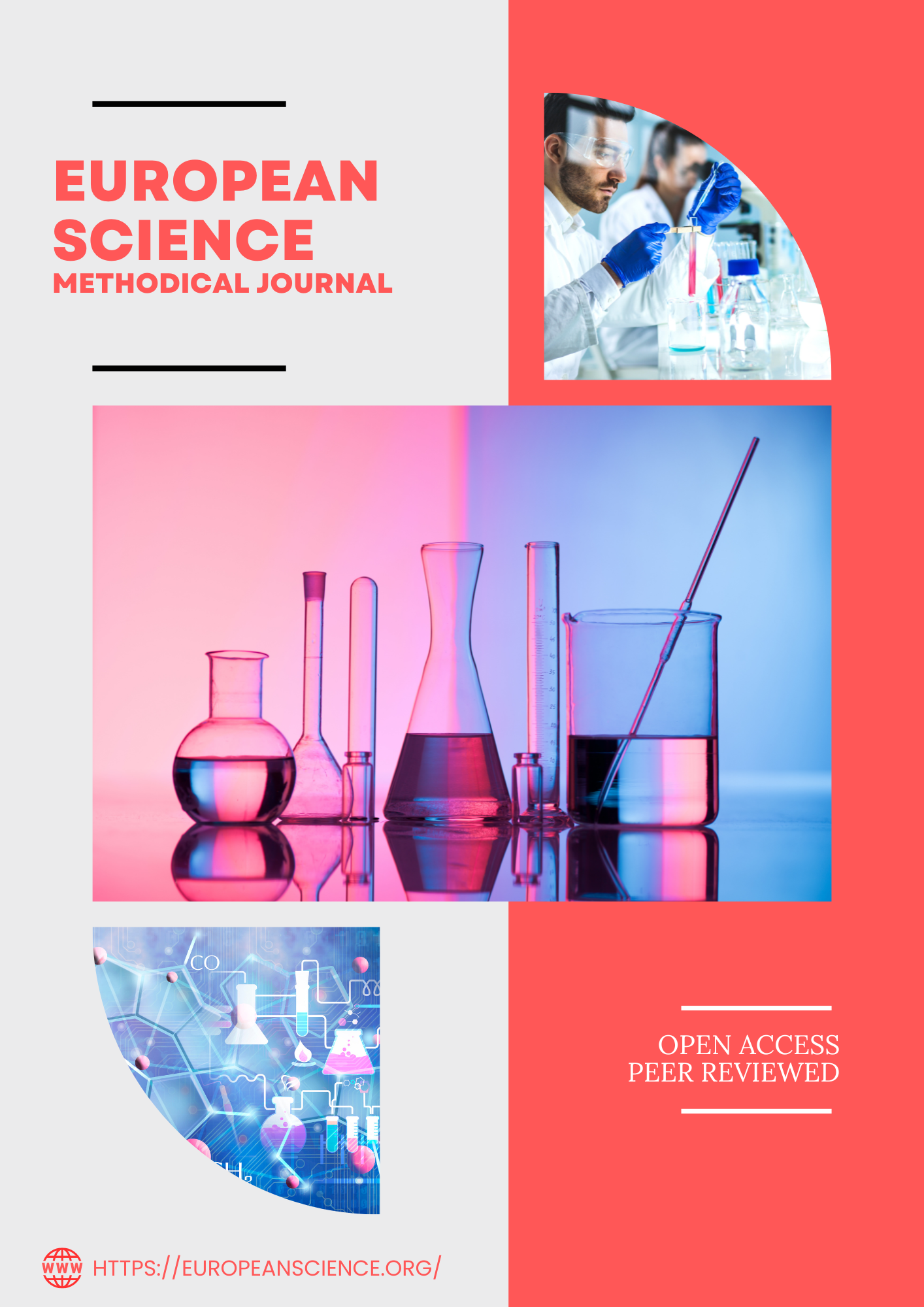A New Text Structure in the “Adabiyot Parchalari”("Literary Fragments") Complex
Abstract
In Turkestan in 1917-1929, together with the ideas of hurriyat, the desire to create a new literature, approach the masses and awaken their consciousness was born. Literature has set new socio-literary tasks and goals. In 1926, the collection of "Literary Fragments" compiled by Cholpon, the founder of the new national poetry, was published, and this work was a special event in the development of modern Uzbek prose. Even before 1926, various prose examples, such as novels, stories, and memoirs, and excerpts from them were published in modern newspapers and magazines published in Turkestan. Modern writers such as Hamza Hakimzada Niyozi, Abdulla Avloni, Haji Muin Shukrullo, Abdulla Qadiri, Cholpon, Mirmulla Shermuhamedov began to conduct unique experiments in the direction of modern prose, stories, novels, and travelogues were being created. Translations of prose passages from Turkish, Uzar, European and Russian literature were continuously published on the pages of the modern press, the first articles about new trends and trends in literature were published, all of which had an impact on national literature. "Literature Fragments" is a unique resource for a systematic study of this process. "Breakfast", "Chaqimchiliq", "One Night on the Road", "A Beauty View", "One Day on the Road", "Grave of the Mughals", "Zahab" and many more stories included in the Chrostomatiy. In his memoirs, we observe the signs of dialogue, monologue, experience, stream of consciousness characteristic of modern storytelling. In this article, based on the stories, memoirs, and travelogues included in the collection, we identify and analyze the principles of early modern storytelling in Uzbek prose, systematize our theoretical views, and try to evaluate their impact on the next stages of development of Uzbek prose.Downloads
Published
2023-11-14
Issue
Section
Articles
License

This work is licensed under a Creative Commons Attribution-NonCommercial 4.0 International License.
How to Cite
A New Text Structure in the “Adabiyot Parchalari”("Literary Fragments") Complex. (2023). European Science Methodical Journal, 1(8), 5-9. https://europeanscience.org/index.php/3/article/view/292















